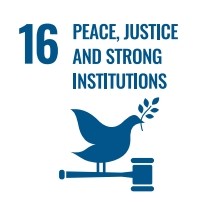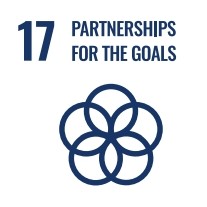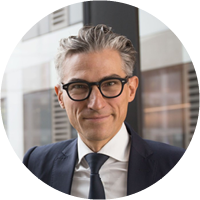

Our clients expect EY Luxembourg to provide high-quality audits, relevant advice, and sound technical and sector-specific expertise.
In addition, due to the diversity of its clients and assignments and the auditing work that it performs, EY Luxembourg is an observer of the financial world and of the trends affecting it. With respect to sustainability matters, we are constantly working to develop our ESG services, with the main goal of helping our clients to deal with the main market trends, like investors’ needs, climate change and environmental factors, integration of the main ESG risks and opportunities in their business model and the latest regulatory developments. Furthermore, we have created an impact investing focus group, which is embedded in our Private Equity/Debt practice, with over 300 fully dedicated professionals.
Our experts have served the Impact Finance Fund since inception and have followed a specific training curriculum including valuation trainings and have developed specialized knowledge and skills. They have long since expressed their passion for impact finance and actively participate in associations and working groups, for example: the International Climate Finance Accelerator (ICFA), the Inclusive Finance Network Luxembourg (InFiNe) and the European Impact Investing Luxembourg (EIIL).
Our mission is therefore to help our clients to innovate by taking account of the fundamental technological, societal, and environmental changes taking place today, and global commitment towards climate change and human rights.
By meeting these needs, we are contributing to creation of long-term value. The support we give our clients creates the conditions for confidence in the economy.
How can we improve our clients’ journey?
"As a corporation, EY can be a catalyst for change and help our clients to create long-term value-led sustainability".

Renaud Breyer
Partner, Sustainability Leader
EY Luxembourg is a trusted third party with the role of building trust in the financial world. In short, EY aims to provide businesses and organizations with a high level of service that enables them to deal with changes in their environment.
To sum up, it is vital that every partner and employee:
- Carries out his or her assignments in accordance with the rules on ethics and independence;
- Maintains data confidentiality;
- Delivers services with a focus on client satisfaction.
The procedures for managing quality, ethics and independence can be accessed by all our employees in a space dedicated to risk management.
EY’s reputation and its ability to build trust and confidence in a changing environment is achieved through both management teams that are responsible for embodying our mission statement and the accountability of our employees.
- The EY management teams are responsible for demonstrating, through their conduct and actions, EY’s desire to remain true to its mission statement of “Building a better working world” by making the world in which we operate fairer and more balanced;
- While it is essential that the management teams set an example, at EY we are all equally as responsible for the quality of our services. They are guided by a combination of the management in place for them, the training delivered to them and the code of conduct that they sign;
- Ethics are central to the reputation of EY, its employees and its partners.
Ethical compliance is based on global policies and is enshrined in our values and our code of conduct. As emphasized by general management, ethics are vital for example-setting and should be communicated regularly. Training and awareness-raising serve to remind every one of our employees of the importance of complying with these rules.


